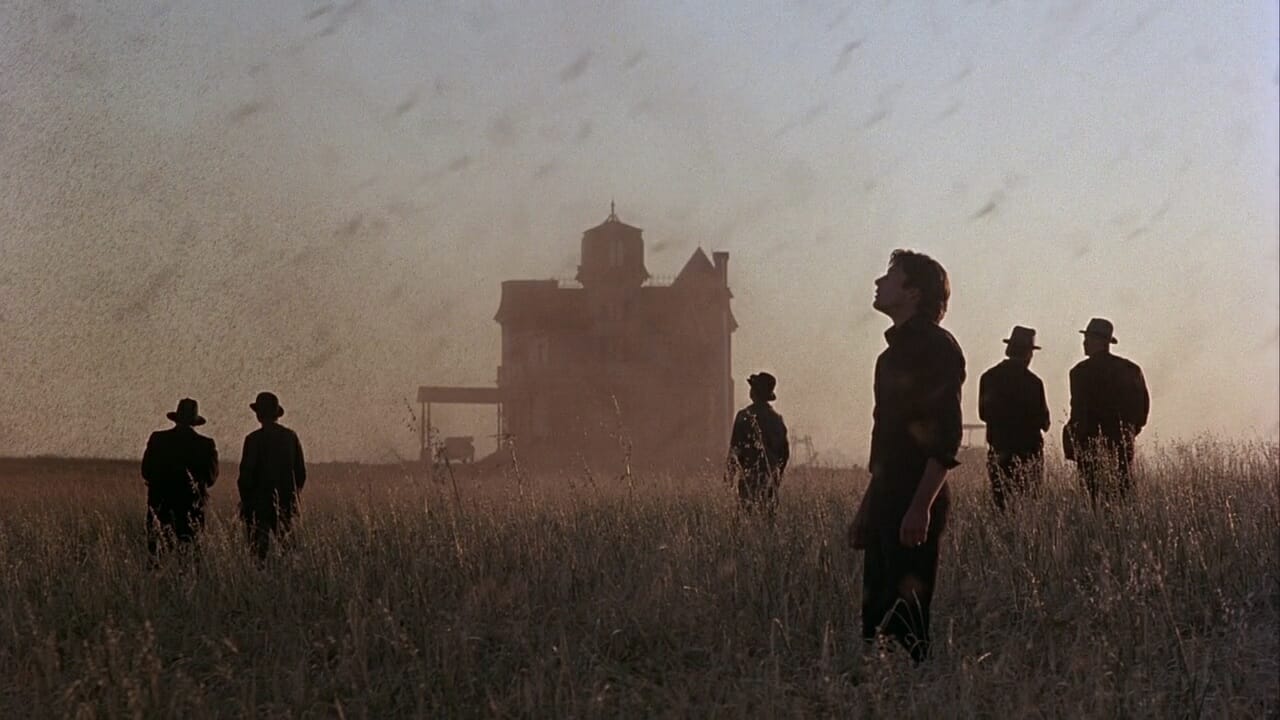-
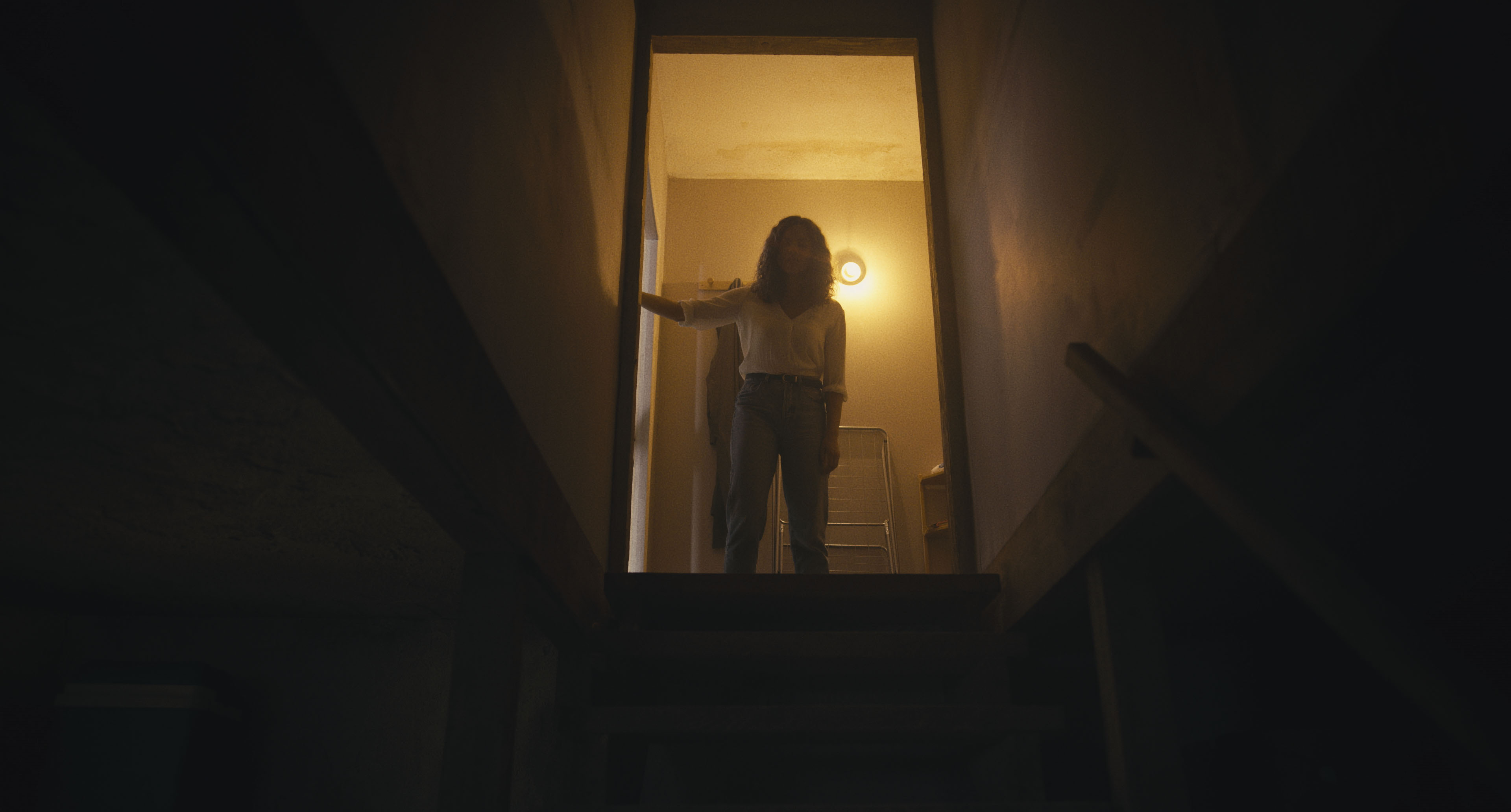
Barbarian (2022)
The thrill of seeing three tangential storylines wind around one unassuming house and its chilling, subterranean dungeons in Barbarian makes for a truly shocking piece of horror cinema, as through Zach Cregger’s agile, perspective-shifting narrative we learn to discern which monsters hiding in its depths deserve either our utmost disdain or sorrowful pity.
-

The Aviator (2004)
Classical Hollywood filmmaker Howard Hughes is the tragic centrepiece of Martin Scorsese’s treatise on an industry that is both extravagantly pioneering and detrimentally obsessive, and in its Technicolor experimentations, The Aviator fully recognises both sides of this glamorous culture and the bright-minded pioneer it consumed.
-

We Are Who We Are (2020)
Though the episodic storytelling of We Are Who We Are leads to some shagginess in Luca Guadagnino’s narrative, its wandering pace offers his complex characters all the time they need to explore questions of sexuality, gender identity, and grief, foregrounding the vague but sweet relationship between two teenagers living on a U.S. military base in…
-

Panic Room (2002)
As David Fincher’s pressing darkness infiltrates the crevices of the claustrophobic townhouse in Panic Room, so too does he send three thieves inside with the intention of stealing its hidden treasure, with the camera’s exhilarating, omniscient perspective instilling in us an even greater dread than any single character experiences alone.
-
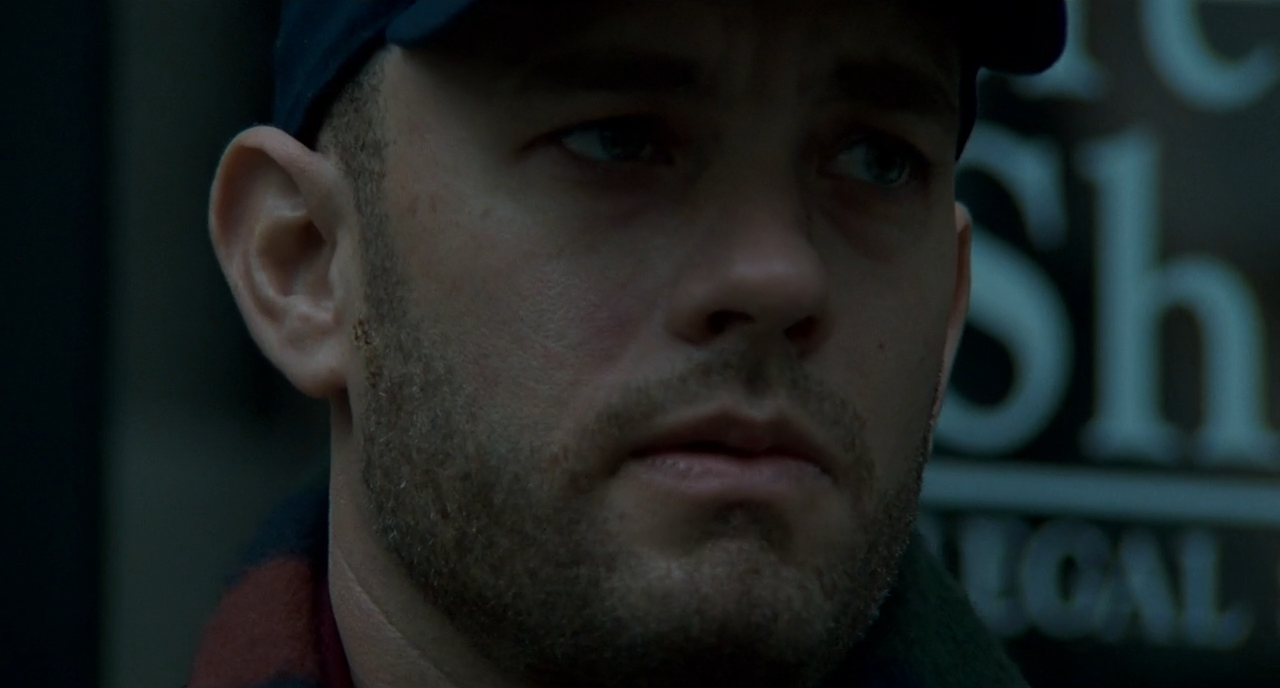
Philadelphia (1993)
Jonathan Demme’s camera is a vehicle of pure empathy in Philadelphia, as it is through his consistent yet versatile close-ups that he pulls such raw anger, melancholy, and yearning from Tom Hanks’ emotive performance, opening us up to the complicated struggle behind one gay man’s fight for justice against his prejudiced former employers.
-

Wheel of Fortune and Fantasy (2021)
Though disappointingly bland from a visual standpoint, Ryusuke Hamaguchi builds the strength of his anthology film Wheel of Fortune and Fantasy on the fatalistic, formal connections between each self-contained chapter, offering up sincere meditations on our attempts to find happiness within a cruel, mischievous universe.
-
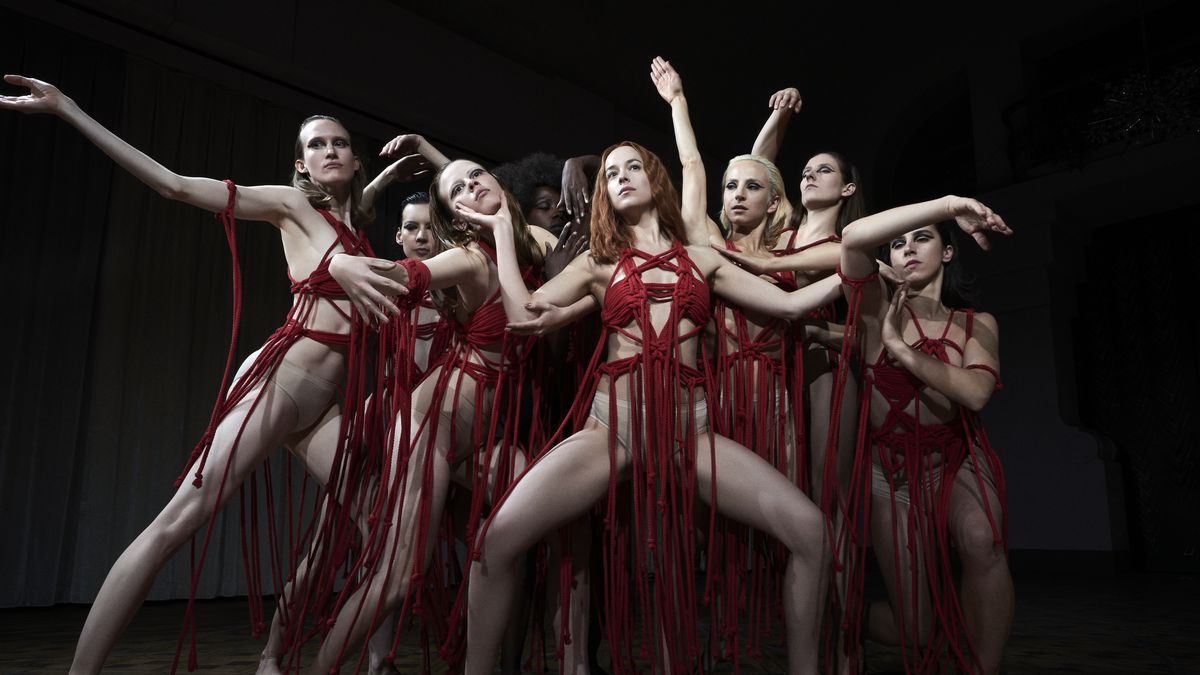
Suspiria (2018)
Though Luca Guadagnino’s remake of Suspiria does not fully bridge the connection between its chilling occultist horror and meandering political tangents, he still manages to leave a mark on the fable’s cinematic legacy with surreal, bone-crunching editing and a deep red colour palette, plunging us into the uneasy paranoia and bloodshed of 1970s Germany.
-
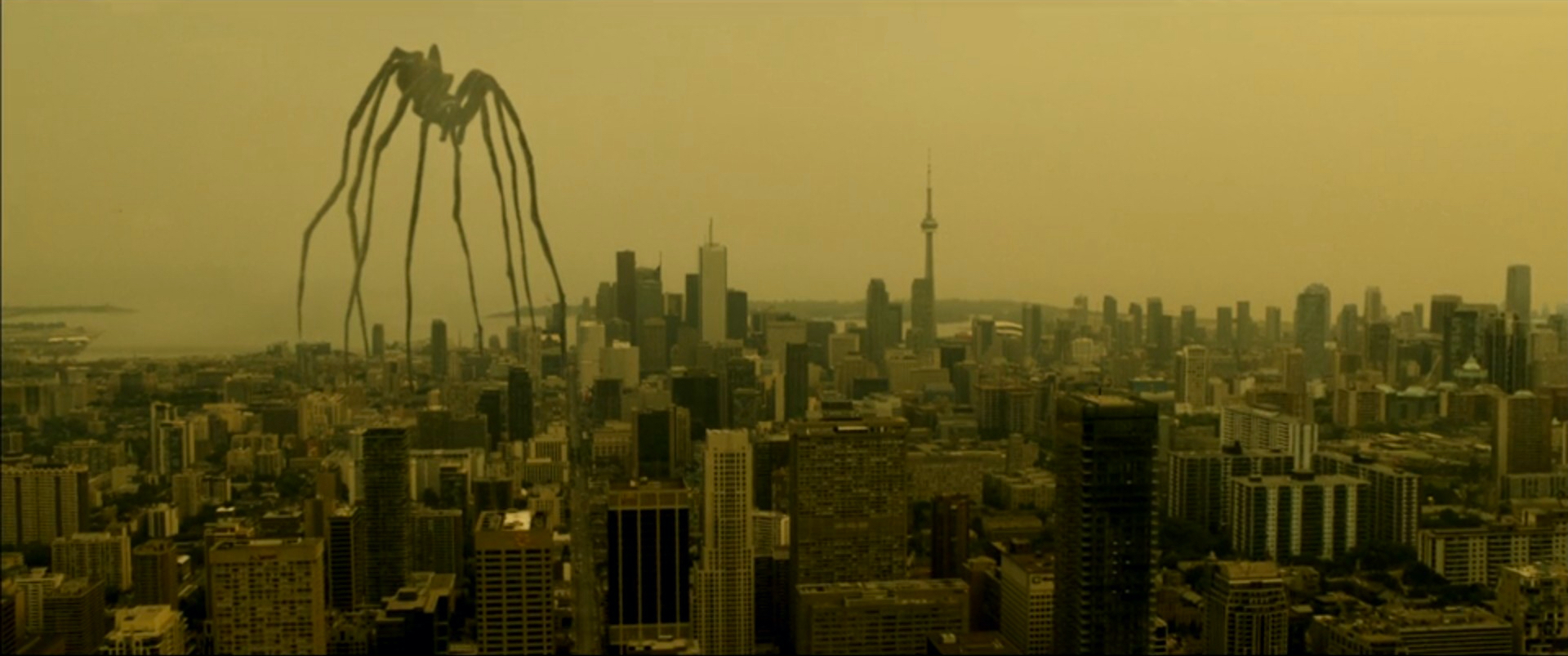
Enemy (2013)
The surreal, sepia vision of Toronto that Denis Villeneuve shapes around his mysteriously linked doppelgängers in Enemy often feels as if it is ensnaring them in a paralysing spider web, psychologically binding them so tightly together through its cryptic motifs and obscure narrative that they might as well be two sides of one unfaithful, insecure…
-
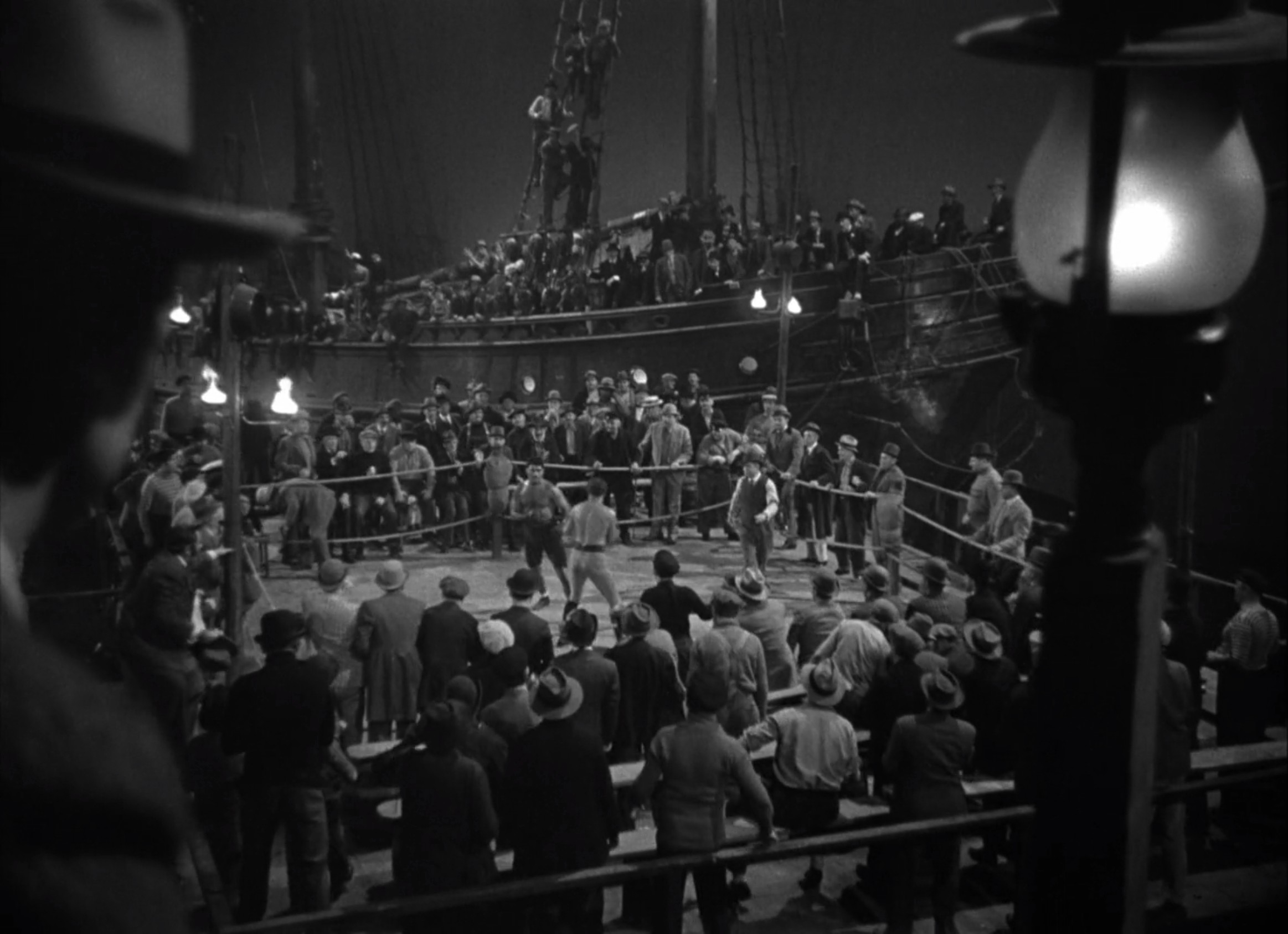
Gentleman Jim (1942)
The grand long shots and rapid montage editing of Raoul Walsh’s boxing set pieces in Gentleman Jim are well matched to the agile fighting technique of its historical subject, James J. Corbett, using its action to lightly probe the brutish, primal nature of our sporting passions and the concerted efforts to reconcile those with our…
-
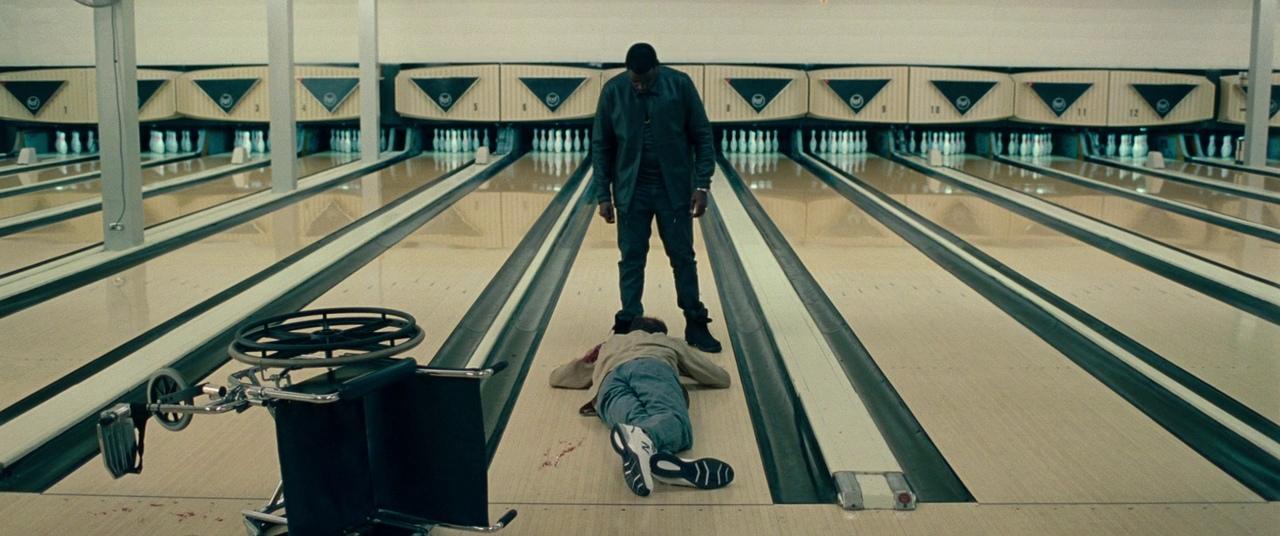
Widows (2018)
Steve McQueen’s dip into the crime genre with Widows shrewdly carries on his style of uncompromising filmmaking, using dazzling camerawork and slick pacing to navigate a sprawling, rolling narrative which sees the consequences of one failed robbery ricochet through Chicago’s gangs, politics, and the grieving wives who soon decide to collaborate on their own grand…
-
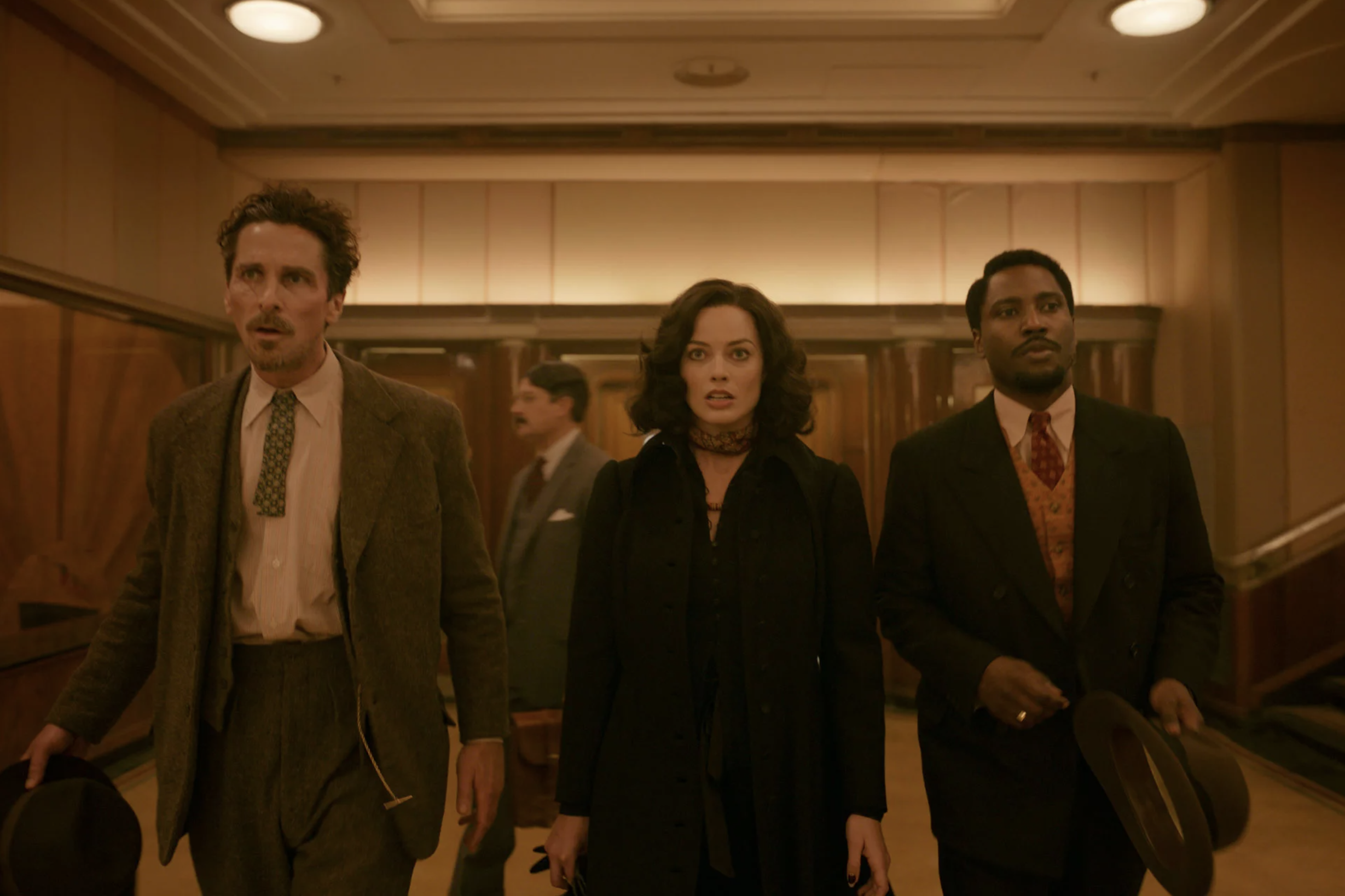
Amsterdam (2022)
There is certainly madness to David O. Russell’s elaborate plotting of conspiracies and murders throughout Amsterdam, but with his intimately framed close-ups and stylish rendering of 1930s New York, he builds a humorously sweet affection between the main trio of accidental detectives that outlasts any vicious political manoeuvring surrounding them.
-

Blonde (2022)
Accusations of abhorrent crudity may be fairly lobbed at the subject matter of Blonde, but certainly not at Andrew Dominik’s talents as a provocative, implicating filmmaker, solemnly studying Norma Jean and Marilyn Monroe as dual identities in perpetual conflict, and disturbingly manifesting their world as a surreal, existential nightmare psychologically fusing them together.
